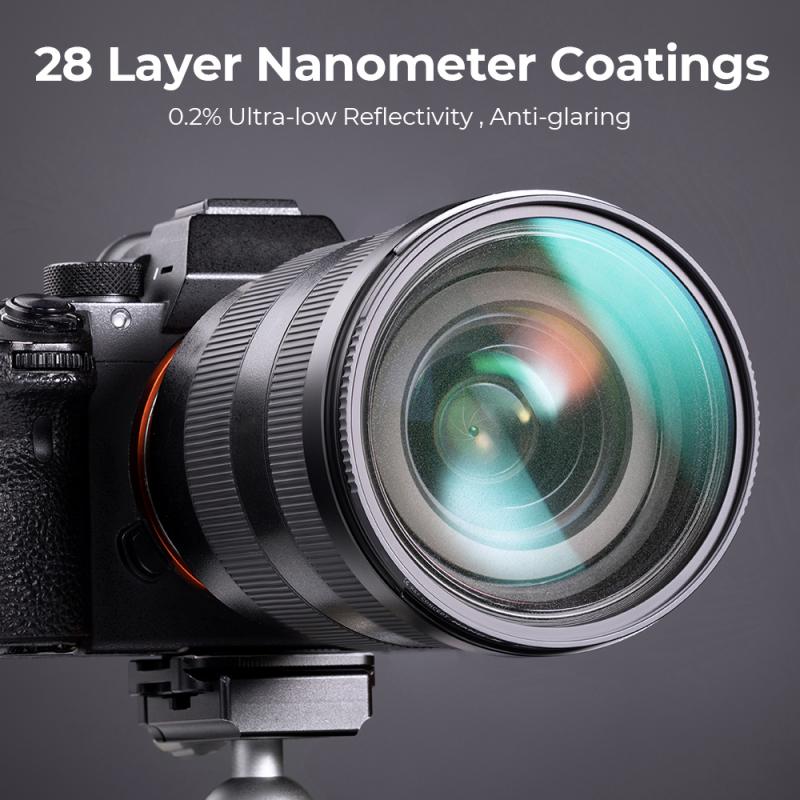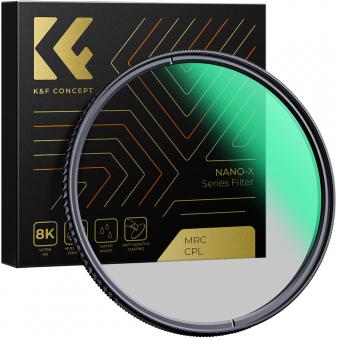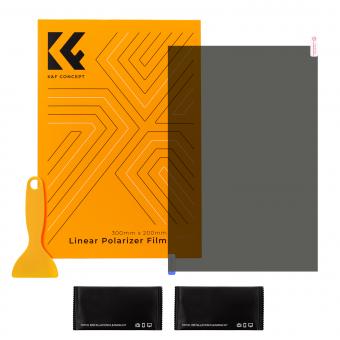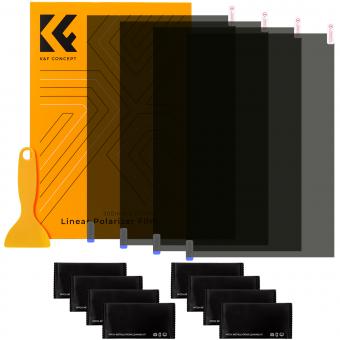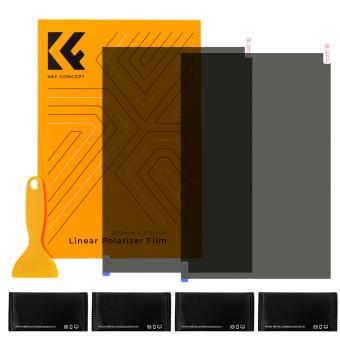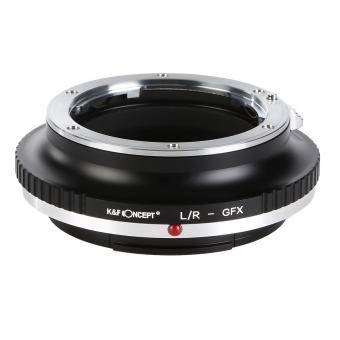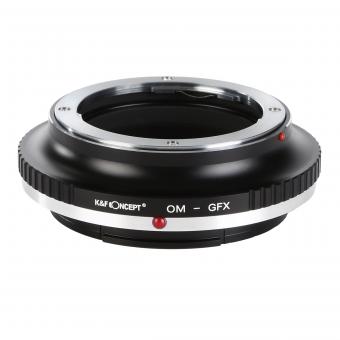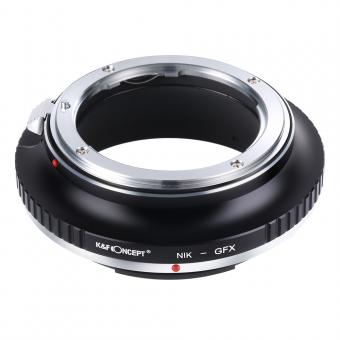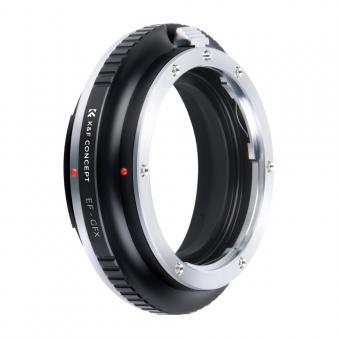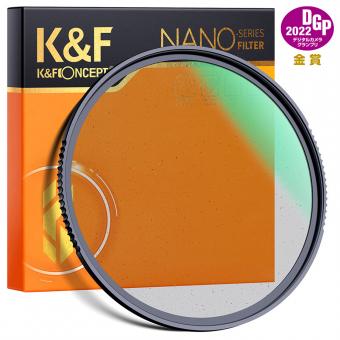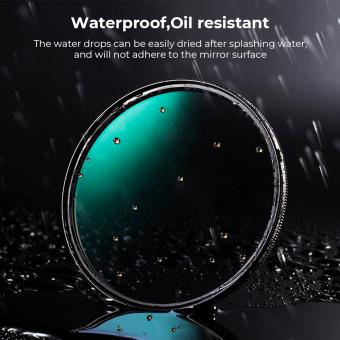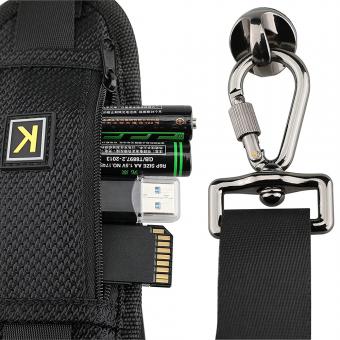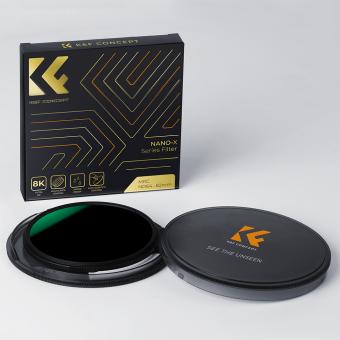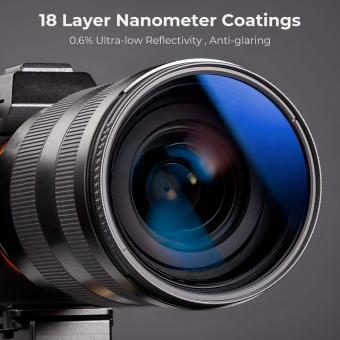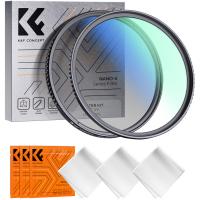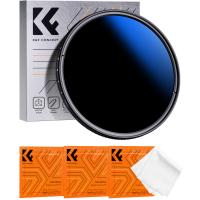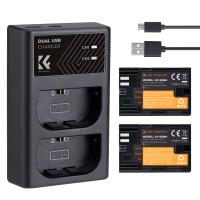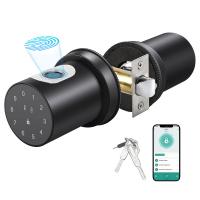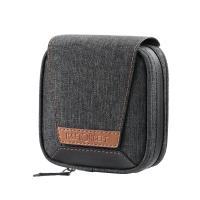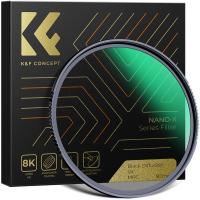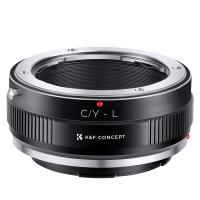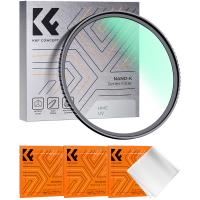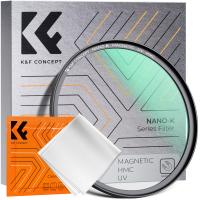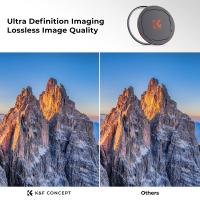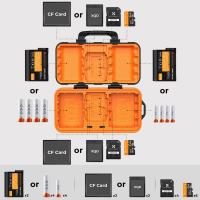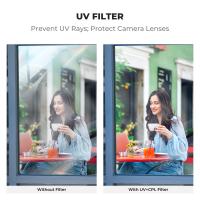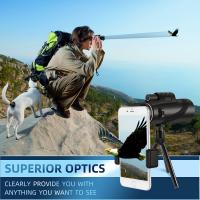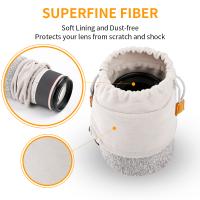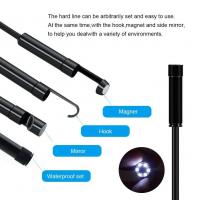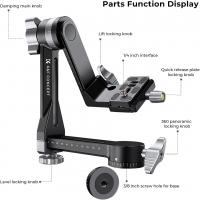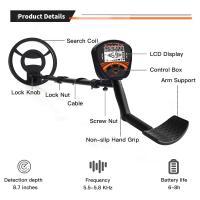Which Brand Of Polarizing Filter ?
There are several brands of polarizing filters available in the market, including but not limited to: B+W, Hoya, Tiffen, Kenko, and Singh-Ray. Each brand offers a range of polarizing filters with different features and price points, catering to the needs and preferences of photographers and videographers. It is recommended to research and compare the specifications, reviews, and prices of different brands before making a purchase decision, as the quality and performance of polarizing filters can vary.
1、 Circular vs. linear polarizing filters
When it comes to choosing between circular and linear polarizing filters, it ultimately depends on your specific needs and equipment. Both types of filters have their advantages and disadvantages, so it's important to consider your shooting style and gear before making a decision.
Circular polarizing filters (CPL) are the most commonly used type in modern photography. They work by reducing glare and reflections, enhancing color saturation, and increasing contrast. CPL filters are designed to work with autofocus and metering systems found in most modern cameras, making them a versatile choice for photographers. They are also easier to use since they can be rotated to adjust the polarization effect.
On the other hand, linear polarizing filters (LPF) are an older technology that is still used in some specific situations. LPF filters are typically cheaper than CPL filters and can be used with older manual focus cameras. However, they can interfere with autofocus and metering systems in modern cameras, leading to inaccurate readings. Therefore, LPF filters are generally not recommended for use with autofocus cameras.
In terms of brands, there are several reputable manufacturers that produce high-quality polarizing filters. Some popular options include B+W, Hoya, Tiffen, and Lee Filters. These brands offer a range of filters with different features and price points, allowing photographers to choose the one that best suits their needs and budget.
It's worth noting that the latest point of view leans towards circular polarizing filters due to their compatibility with modern camera systems. However, if you are using an older manual focus camera or have specific requirements, a linear polarizing filter may still be a viable option. Ultimately, it's important to research and choose a brand and type of polarizing filter that aligns with your specific shooting needs.
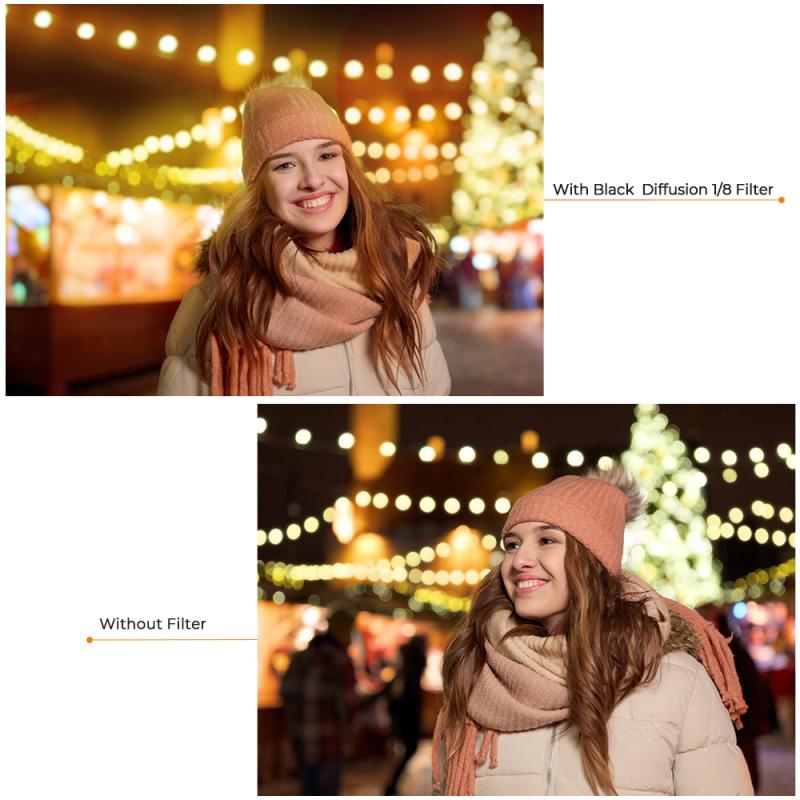
2、 Optical quality and clarity of polarizing filters
When it comes to optical quality and clarity of polarizing filters, there are several reputable brands that are known for producing high-quality filters. One such brand is B+W (Schneider Kreuznach), which is widely regarded as one of the best in the industry. B+W polarizing filters are known for their exceptional optical quality, providing excellent clarity and color accuracy. They are made with high-quality glass and feature multi-resistant coatings that minimize reflections and flare, resulting in images with enhanced contrast and saturation.
Another top brand in the market is Hoya. Hoya polarizing filters are known for their excellent optical performance and durability. They are made with high-quality materials and feature precision optical glass that ensures maximum light transmission and minimal distortion. Hoya filters also come with multi-coatings that reduce reflections and improve image quality.
In recent years, Breakthrough Photography has gained recognition for its high-quality polarizing filters. Their filters are made with Schott B270 glass, which is known for its exceptional optical properties. Breakthrough Photography filters also feature nano-coatings that repel water, oil, and dust, making them easy to clean and maintain.
It's important to note that the optical quality and clarity of polarizing filters can vary depending on the specific model and price range. Therefore, it is always recommended to do thorough research and read reviews before making a purchase. Additionally, advancements in technology and manufacturing processes can lead to improvements in filter quality over time, so it's worth considering the latest offerings from reputable brands.
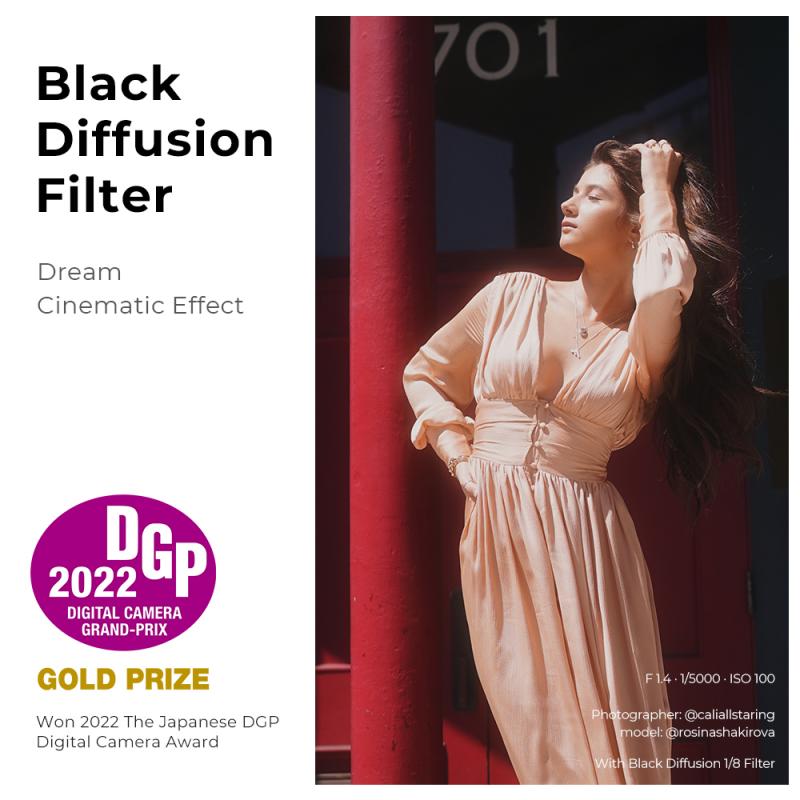
3、 Filter size compatibility with different camera lenses
When it comes to choosing a brand of polarizing filter, there are several reputable options available in the market. Some of the top brands known for their high-quality polarizing filters include B+W, Hoya, Tiffen, and Lee Filters.
B+W is a popular choice among photographers for its exceptional optical quality and durability. Their filters are made with high-quality glass and feature multi-resistant coatings to minimize reflections and improve image clarity. Hoya is another well-known brand that offers a wide range of polarizing filters with excellent light transmission and color accuracy.
Tiffen is also highly regarded for its polarizing filters, which are known for their effectiveness in reducing glare and enhancing color saturation. They offer a variety of filter sizes to ensure compatibility with different camera lenses. Lee Filters, on the other hand, is renowned for its square filter system, which allows for greater flexibility and control over the polarizing effect.
When considering filter size compatibility with different camera lenses, it is important to check the diameter of the lens thread on your camera. Most brands offer filters in various sizes, ranging from 52mm to 82mm, to accommodate different lens diameters. Additionally, many brands provide step-up or step-down rings that allow you to use filters with lenses that have different thread sizes.
It is worth noting that the latest point of view in the world of polarizing filters is the growing popularity of circular polarizers over linear polarizers. Circular polarizers are designed to work with autofocus and metering systems in modern cameras, making them more convenient and user-friendly.
Ultimately, the choice of brand and filter size compatibility depends on your specific needs and budget. It is recommended to do thorough research, read reviews, and consider your shooting requirements before making a purchase.
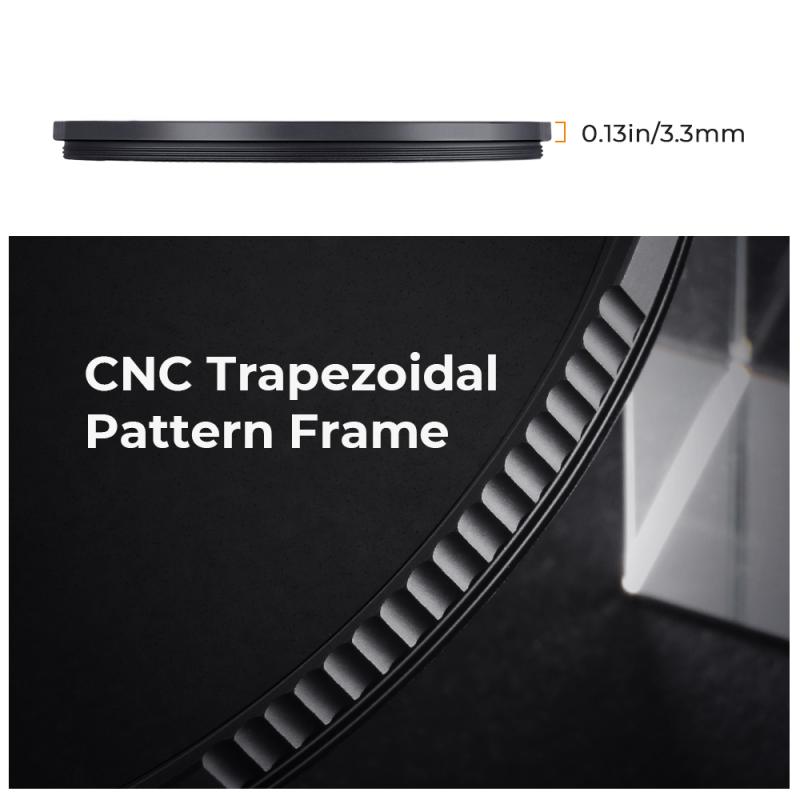
4、 Coating technology for reducing reflections and improving image quality
When it comes to choosing a brand of polarizing filter with advanced coating technology for reducing reflections and improving image quality, there are several reputable options available in the market. One of the leading brands in this field is B+W (Schneider Optics). B+W polarizing filters are known for their exceptional quality and performance.
B+W filters utilize a multi-layer coating technology that effectively reduces reflections and glare, resulting in improved image contrast and color saturation. The coating also helps to minimize ghosting and flare caused by stray light, ensuring sharper and more vibrant images. The latest advancements in B+W filters include nano-coating technology, which provides an even higher level of anti-reflection properties and durability.
Another notable brand is Hoya. Hoya polarizing filters are renowned for their excellent optical quality and advanced coating technology. Hoya incorporates a special multi-coating process that reduces reflections and enhances light transmission, resulting in improved image clarity and color accuracy. Their latest filters feature a super multi-coating (SMC) technology, which further enhances anti-reflection properties and minimizes surface reflections.
Additionally, brands like Tiffen and Lee Filters also offer high-quality polarizing filters with advanced coating technologies. Tiffen utilizes a proprietary ColorCore technology that laminates the filter material between two layers of optical glass, ensuring superior durability and image quality. Lee Filters, on the other hand, employs a unique resin coating process that minimizes reflections and maximizes light transmission.
It is important to note that the choice of a polarizing filter brand ultimately depends on individual preferences and specific requirements. It is recommended to thoroughly research and compare different brands, considering factors such as optical quality, coating technology, and customer reviews, to make an informed decision.
